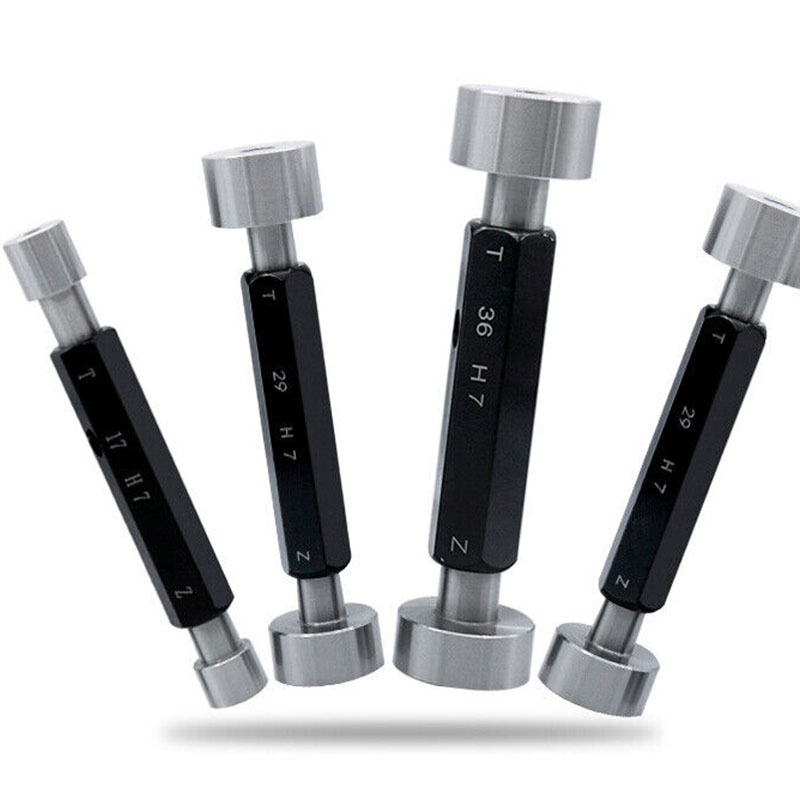Nov . 25, 2024 21:43 Back to list
Piston Type Check Valve Functionality and Applications in Fluid Systems
Understanding Piston Type Check Valves
Piston type check valves are vital components in various piping systems, ensuring that fluids flow in one direction while preventing backflow. This unique design plays a critical role in maintaining system integrity, efficiency, and safety, especially in industries like water treatment, oil and gas, and chemical processing.
The operational principle of a piston type check valve is relatively straightforward. The valve consists of a cylindrical piston that moves within a chamber. When fluid flows in the desired direction, the pressure forces the piston to lift, allowing the fluid to pass through. However, if there is a reversal in flow direction, the pressure drops, and the piston is pushed back down into its original position, sealing the valve and preventing backflow. This mechanism is crucial in applications where reverse flow could lead to contamination, equipment damage, or operational failures.
One of the main advantages of piston type check valves is their ability to handle a wide range of fluids, including those that are viscous or contain solid particles. The robust design helps to minimize wear and tear, resulting in a longer lifespan compared to other types of check valves. Additionally, these valves can maintain a tight seal, providing better protection against leaks and system inefficiencies.
piston type check valve

Moreover, piston type check valves are relatively compact, making them suitable for installations in spaces with limited room. They can be easily integrated into existing systems or designed into new constructions without significant modifications. This versatility is one of the reasons they are favored in both commercial and industrial applications.
In terms of maintenance, piston type check valves are generally low maintenance due to their simple design. However, regular inspections are recommended to ensure they are functioning correctly and to address any potential wear or buildup that could impair their operation. Notably, these valves should be installed in accordance with the manufacturer’s guidelines to maximize their effectiveness and lifespan. Attention should be paid to the orientation of the valve, as improper installation can lead to failure and increased repair costs.
In summary, piston type check valves play a crucial role in fluid control systems, offering a reliable solution for preventing backflow. Their efficiency, durability, and compact design make them indispensable in various industries. As technology continues to evolve, innovations in materials and design are likely to further enhance the performance of piston type check valves, ensuring that they remain a dependable choice for fluid management in numerous applications.
-
Thread Plug Gauge Our Promise of Measurement ExcellenceNewsAug.22,2025
-
Gauge Pin Class Reflecting Quality LegacyNewsAug.22,2025
-
Check Valve Types for High Rise BuildingsNewsAug.22,2025
-
Water Control Valve for Irrigation SystemsNewsAug.22,2025
-
Gate Valve with Soft Seal TechnologyNewsAug.22,2025
-
Y Type Strainer for Oil and Gas ApplicationsNewsAug.22,2025
Related PRODUCTS









